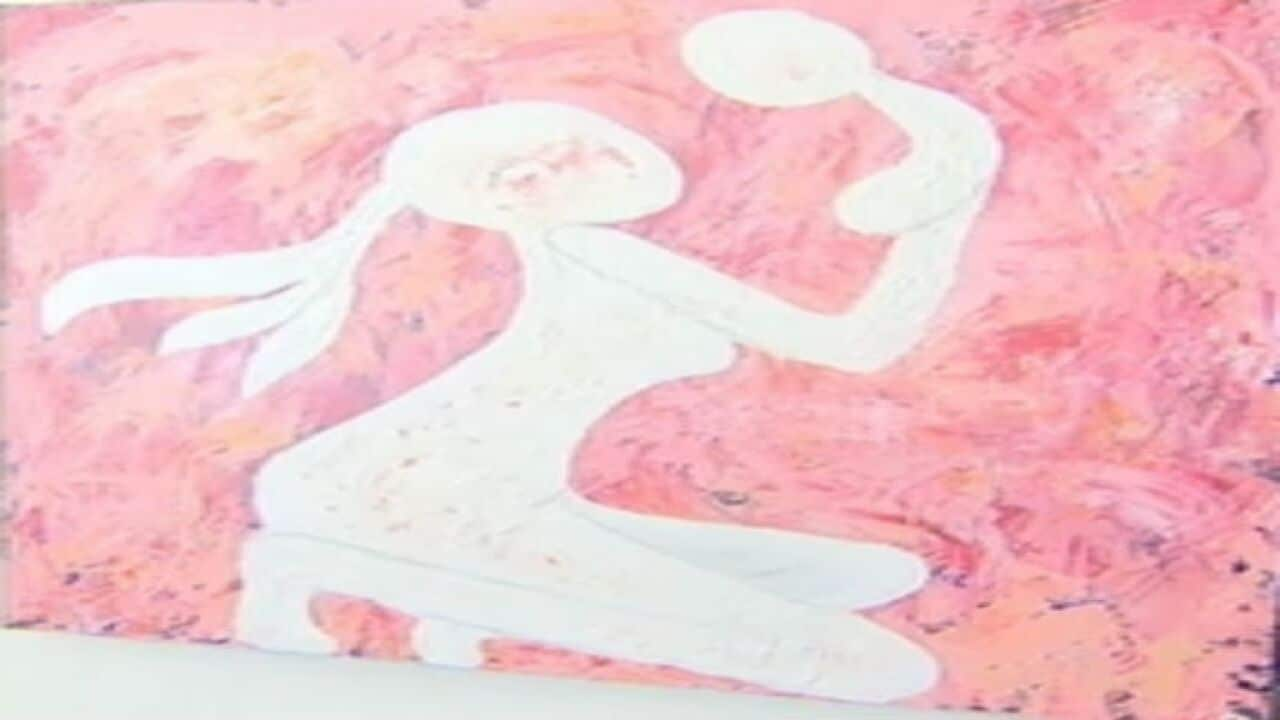Health and multicultural organisations advocates would like to see Australian government providing bilingual ante-natal clinics as well as cultural competency training and interpreting services to help migrants and refugees communities in Australia as they might be at risk of miscommunication which lead to health disaster.
Midwife Ismat Ouaida who has run a clinic for Arabic pregnant women for nearly two decades said that her clinic can talk about, breast feeding, maternal nutrition, family planning as well as some sensitive issues that cannot be dealt with mainstream midwife clinic.
She said that she would know what these women are going to ask her, due to the community expectation that they should do things differently from what their mother or grand mother tell them what to do. Ouaida also added that due some of the women are having kids at a very young age, with already one on the side and second one on the way, it is very overwhelming.
According to ABS (The Australian Bureau of Statistics) from the estimation from 31 December 2017, 'there is one birth every 1 minute and 42 seconds, and also there is one death every 3 minutes and 16 seconds.'
A quarter of mothers who gave birth in Australia in 2015 were born in a non-English-speaking country.That’s a 17 per cent increase since 2005.
With that figure set to rise, migrant support groups want a new national plan for maternity services to include an expansion of bilingual midwifery clinics and better access to interpreters.
Midwifery Professor at Western Sydney University Hannah Dahlen says that's got to change for a range of reasons.
"We need to be very very mindful of not being too busy to do that, and that’s often the issue because it takes time to organise and get an interpreter in. We’ve got to see providing an interpreter as an integral part of maternity care,'' said Professor Dahlen.
Sandra Elhelw Wright, from the Federation of Ethnic Communities Councils of Australia, says some women may have basic English skills so workers assume an interpreter isn't necessary.
"When in reality that woman might not be able to communicate some of the intricacies of medical language or some of the more detailed language to explain how she’s feeling and the medical problems,'' said Wright.
That can have disastrous consequences.
"It can be especially dangerous, especially in emergency situations where there's time pressures, it’s easy to imagine how things can go horribly wrong when a patient can’t communicate with their doctor or, even worse, there’s a miscommunication,'' said Wrights.
In its submission, FECCA points out there's no mention of a plan for culturally and linguistically diverse women in the consultation paper on the national plan for maternity services. Ms Wright says that's a glaring gap.
"We definitely advocate for there to be a specific focus on culturally and linguistically diverse women and we think that focus is really necessary to pick up on those needs,'' asserted Wright.
There are also calls for more cultural training to tackle what Midwifery Professor Hannah Dahlen describes as unintentional discrimination in a Euro-centric model.
''We know that birth centres and home births for example are very much dominated by white middle class women but why is that? Why do we not open those options up and do that in a culturally sensitive way for women from other countries?" said Dhlen.
One Melbourne charity, called Births for Human Kind, is helping new migrants navigate Australia's maternal health system.
Program manager Jen Branscombe explains bilingual women are trained to become volunteer doulas [[DOO-lahs]] to provide emotional and social support.
"Our doulas will go along with the woman to a hospital appointment and they'll provide an interpreter so they can actually spend some time after the appointment explaining things that have been said to them by the doctor or the midwife because it's quite a fast-paced environment in the hospital and things often get lost,'' said Branscombe.
Some of their volunteers were midwives in another country before moving to Australia.
Others, like Uraguayan doula Elizabeth Mazeyko ((MAH-zay-koh)), bring their experience of being a mother and grandmother.
"They don't have a hand sometimes to hold and say I hope you're next to me to understand, so that's where the role of the doula is, to support them emotionally and physically and make them to feel very comfortable,'' said Mayzeyko.
The national plan for maternity services is due to be finalised mid-next year.#
You can download SBS Radio App from App Store at https://apple.co/2pLgvCX and from Google Play at http://bit.ly/2GuIRv or you can download podcasts news in Hmong and English from www.sbs.com.au/podcasts/yourlanguage/hmong. and listen to Hmong news in iTunes at https://itunes.apple.com/us/podcast/sbs-hmong/id814724207?mt=2
Besides, you can follow us, click like, share and comments at #SBSHmong website at www.facebook.com/sbshmong.
Call to have a chat with SBS Radio Hmong Program on + 61 3 9949 2259 or sent your comments to comments@sbs.com.au.





